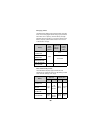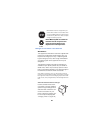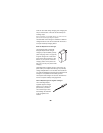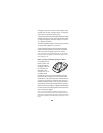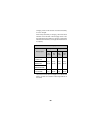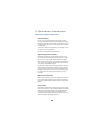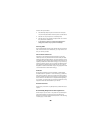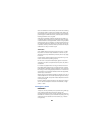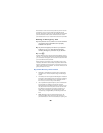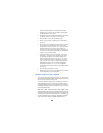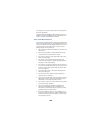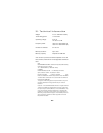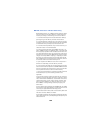98
Remember, to make or receive any calls the phone must be
switched on and in a service area with adequate signal
strength. Emergency calls may not be possible on all wireless
phone networks or when certain network services and/or
phone features are in use. Check with local service providers.
Making an Emergency Call
1)
If the phone is not on, switch it on. Some networks
may require that a valid SIM card is properly
inserted in the phone.
2)
Key in the emergency number for your present
location (e.g. 911 or other official emergency
number). Emergency numbers vary by location
3)
Press
ó
If certain features are in use (Keyguard, fixed dialing, restrict
calls, etc.), you may first need to turn those features off before
you can make an emergency call. Consult this document and
your local cellular service provider.
When making an emergency call, remember to give all the
necessary information as accurately as possible. Remember
that your wireless phone may be the only means of communi-
cation at the scene of an accident - do not cut off the call until
given permission to do so.
Important Battery Information
Note that a new batterys full performance is achieved
only after two or three complete charge and discharge
cycles!
The battery can be charged and discharged hundreds of
times but it will eventually wear out. When the operating
time (talk time and standby time) is noticeably shorter
than normal, it is time to buy a new battery.
Use only batteries approved by the phone manufacturer
and recharge your battery only with the chargers
approved by the manufacturer. When a charger is not in
use, disconnect it from the power source. Do not leave
the battery connected to a charger for longer than a
week, since overcharging may shorten its life. If left
unused a fully charged battery will discharge itself over
time.
(NiMH batteries only) For good operation times, dis-
charge the battery from time to time by leaving your
phone switched on until it turns itself off (or by using the



